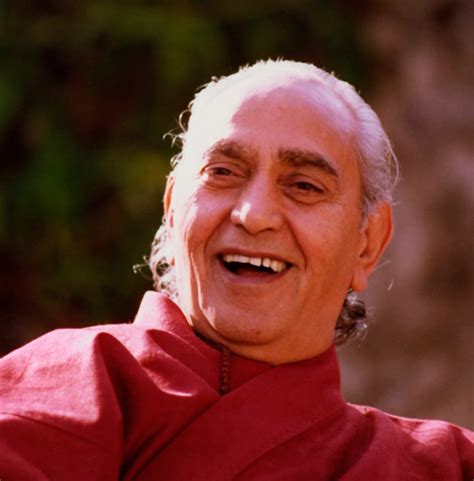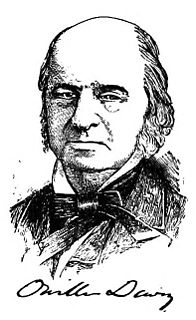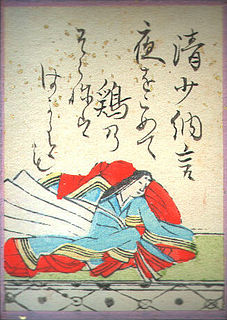A Quote by Alexis de Tocqueville
I do not find fault with equality for drawing men into the pursuit of forbidden pleasures, but for absorbing them entirely in the search for the pleasures that are permitted.
Related Quotes
Men cannot labor on always. They must have intervals of relaxation. They cannot sleep through these intervals. What are they to do? Why, if they do not work or sleep, they must have recreation. And if they have not recreation from healthful sources, they will be very likely to take it from the poisoned fountains of intemperance. Or, if they have pleasures, which, though innocent, are forbidden by the maxims of public morality, their very pleasures are liable to become poisoned fountains.
I find the love of garden grows upon me as I grow older more and more. Shrubs and flowers and such small gay things, that bloom and please and fade and wither and are gone and we care not for them, are refreshing interests, in life, and if we cannot say never fading pleasures, we may say unreproved pleasures and never grieving losses.
I once heard that Quentin Tarantino, who I obviously love and think is a genius, says that there's no such thing as guilty pleasure, there's only pleasures. And I do love that idea, because I do think that there's a pretentiousness when people make a list of their favorite things. I like to live a life where I don't think of my pleasures as guilty pleasures.






































